Posted on 12/20/2024
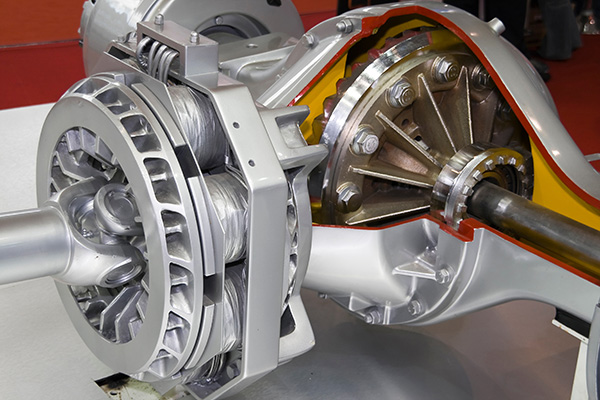
When it comes to maintaining your car, the differential often doesn’t receive the attention it deserves. This component plays a crucial role in helping your vehicle navigate turns by ensuring that power is distributed correctly to the wheels. However, like any part of your car, the differential is subject to wear and tear. Being aware of the signs of a failing differential can help you avoid costly repairs and ensure that your driving experience remains enjoyable. What Does a Differential Do Before diving into the signs of trouble, it’s worth understanding the differential's role. Essentially, this part allows your wheels to rotate at different speeds while maintaining traction. When you turn, the wheels on the outside of the curve need to travel farther than those on the inside. The differential ensures power is distributed accordingly, making your drive safe and efficient. This component is present in all vehicles, whether it’s a front-wheel ... read more
Posted on 11/29/2024
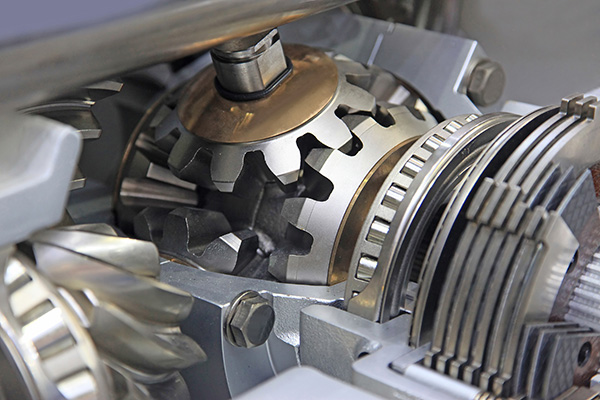
When it comes to driving an all-wheel drive (AWD) vehicle, the promise is simple: increased control, improved traction, and reliable performance across a variety of terrains. But have you ever wondered how your car makes those real-time adjustments to tackle muddy backroads, icy patches, or steep hills? At the heart of it all is the transfer case. Understanding what a transfer case does in an all-wheel drive vehicle can deepen your appreciation for the technology that keeps your car performing at its best. We'll explain how this powerful mechanism works, why it’s vital for AWD performance, and what you can do to keep it in good working condition. What is a Transfer Case The transfer case is a gear system found in all-wheel drive and four-wheel drive vehicles that splits power from the transmission to the front and rear axles. In a standard two-wheel dri ... read more
Posted on 10/31/2024
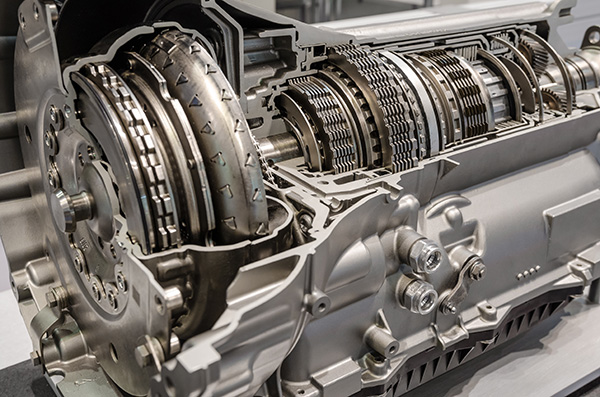
When it comes to your vehicle’s transmission, there’s a lot going on beneath the surface that many drivers don’t fully understand. The clutch, flywheel, and flex plate are three key components that play a major role in how power from the engine is transferred to the wheels. Understanding their functions not only helps you appreciate how your car operates but can also assist you in identifying potential issues before they turn into costly repairs. Let’s break down what each of these parts does and how they contribute to your vehicle’s overall performance. The Role of the Clutch in a Manual Transmission If you’ve ever driven a manual transmission vehicle, you’re familiar with the clutch pedal. But what exactly is the clutch doing when you press it? The clutch is responsible for connecting and disconnecting the engine from the transmission. When you press the clutch pedal, you’re disengaging the engine from the transmissio ... read more
Posted on 9/27/2024
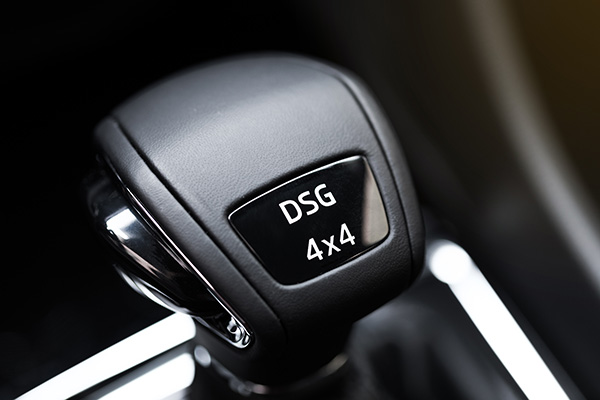
You may have heard the term "DSG transmission" thrown around, especially if you're shopping for a performance-oriented or luxury car. But what exactly is a DSG transmission, and how does it differ from the typical manual or automatic gearboxes you might be familiar with? If you're a car enthusiast or someone curious about innovative automotive technology, understanding the DSG transmission can be incredibly valuable. Whether it's about improving your car knowledge or making a more informed decision when buying your next vehicle, knowing how DSG works can enhance your driving experience and help you appreciate this impressive piece of engineering. The DSG Transmission DSG stands for "Direct-Shift Gearbox." At its core, it’s a type of dual-clutch transmission (DCT), but it takes things a step further with its unique design and technology. Unlike a conventional automatic or manual transmission, a DSG uses two separate clutches to ha ... read more
Posted on 8/30/2024
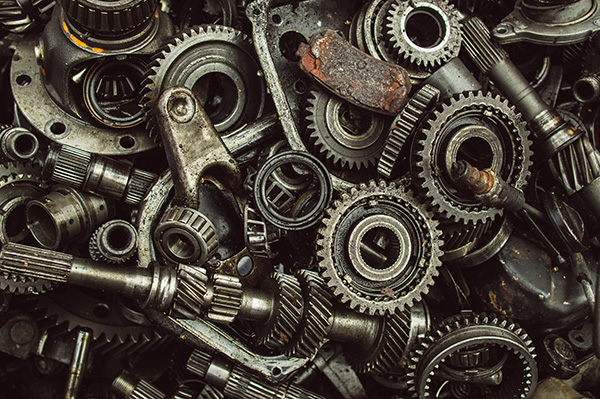
Driving an automatic transmission car should be smooth and seamless, but often, our driving habits can unintentionally cause harm. How we drive plays a significant role in the longevity and health of our vehicle's transmission. Recognizing these bad habits can save you from costly repairs and ensure your car runs efficiently. Let's explore the top five driving habits that might be damaging your automatic transmission and how to avoid them. 1. Shifting Gears Without Stopping Completely One of the most common mistakes drivers make is shifting from reverse to drive (or vice versa) without coming to a complete stop. This sudden shift can put immense stress on the transmission system. When you change gears while the car is still moving, it forces the transmission to act as a brake, wearing down its components rapidly. Always make sure your car is at a complet ... read more